By: Agata Foksa Biegaj
What Happened in 2022 ?
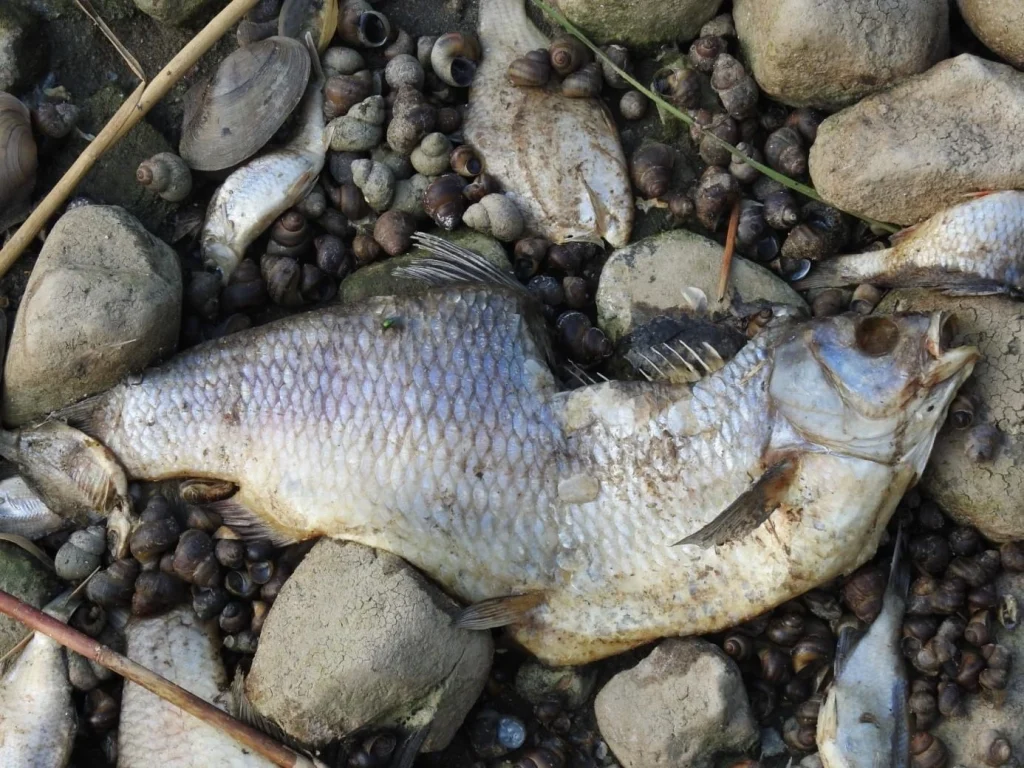
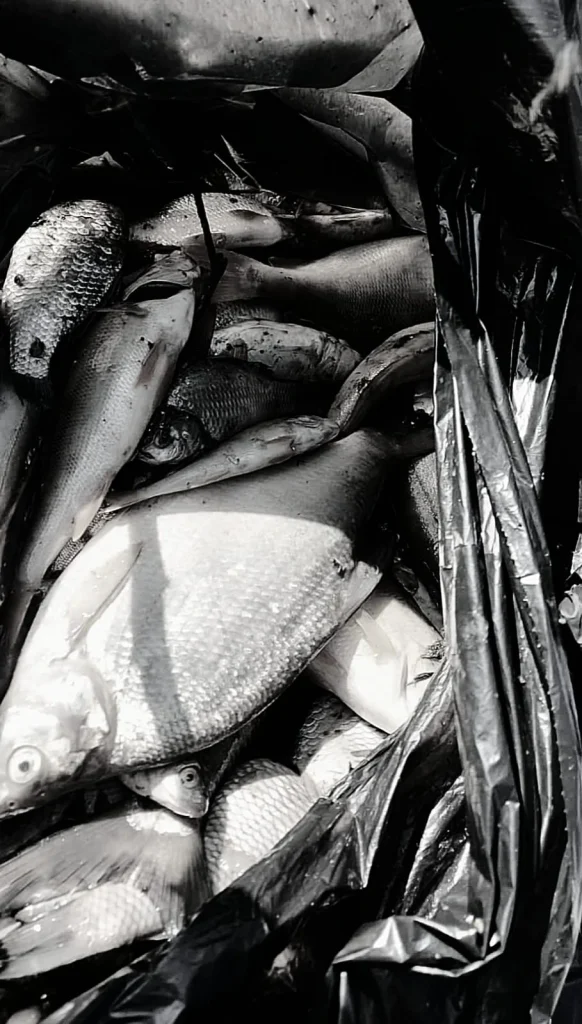
The immediate ecological toll was staggering. Over 1,650 tons of fish—a 60% decline compared to pre-disaster levels—were lost. Native mussels, critical for water filtration, suffered an 88% decrease, paving the way for invasive species like the Chinese pond mussel to dominate. In total, nearly 300 million aquatic organisms, including snails and other invertebrates, were affected.
Subsequent investigations by Poland’s Supreme Audit Office (NIK) exposed systemic failures. A fragmented governance structure involving 17 different entities left no clear accountability for river health. Industrial regulations were lax, allowing significant discharges of saline and chemical pollutants into the river. Policy decisions prioritizing economic activities like shipping over ecological health compounded the problem. Alarmingly, legislative changes made after the disaster, such as relaxing limits on water salinity, have been criticized for perpetuating risks of similar catastrophes.
Why Odra Needs Legal Personhood
The disaster revealed the failure of traditional approaches to river management. Anthropocentric legal frameworks, which treat rivers as property or resources, have been ill-equipped to address modern environmental challenges. In the Odra’s case, industrial interests overshadowed ecological concerns, leading to decades of neglect and overexploitation. Recognizing the Odra River as a legal person offers a transformative solution rooted in the global Rights of Nature movement.
Countries like Ecuador, Canada, New Zealand, and Spain have pioneered the legal recognition of natural entities, granting them rights to exist, flourish, and be restored. In Poland, in the aftermath of the Odra catastrophe, Robert Rient has initiated a movement to fundamentally redefine our relationship with the river. This effort led to the creation of the Plemię Odry (Odra Tribe), a community committed to raising awareness and organizing actions to protect the river by granting her legal personhood. Over time, the Odra Tribe formalized its activities by establishing Fundacja Osoba Odra (the Odra Person Foundation), further strengthening the movement’s capacity to advocate for the river. This grassroots initiative has now culminated in a legislative push to formally recognize the rights of the Odra River.
The proposed Bill of Rights for the Odra River builds on these global precedents and tailors them to the river’s unique ecological, cultural, and socio-political context.
The Odra River Bill of Rights: A Blueprint for Change
- The Right to Exist and Evolve Naturally: Ensuring the Odra can maintain her natural flow and ecological functions without excessive interference.
- The Right to Protection from Pollution: Preventing the discharge of pollutants, including industrial and saline waste, into the river.
- The Right to Biodiversity: Restoring and maintaining biodiversity, including habitats for native fish, mollusks, and aquatic plants.
- The Right to Restoration: Prioritizing active measures to rehabilitate the river’s ecosystem, addressing both short-term damage from the 2022 disaster and long-term degradation from human activities.
- The Right to Be Represented in Legal and Policy Decisions: Establishing a Council of Guardians, consisting of scientific experts, local community representatives, and environmental advocates, to act in the river’s best interests.
- The Right to Be Free from Unsustainable Exploitation Ensuring that economic activities, such as navigation and hydropower, do not compromise the river’s ecological integrity.
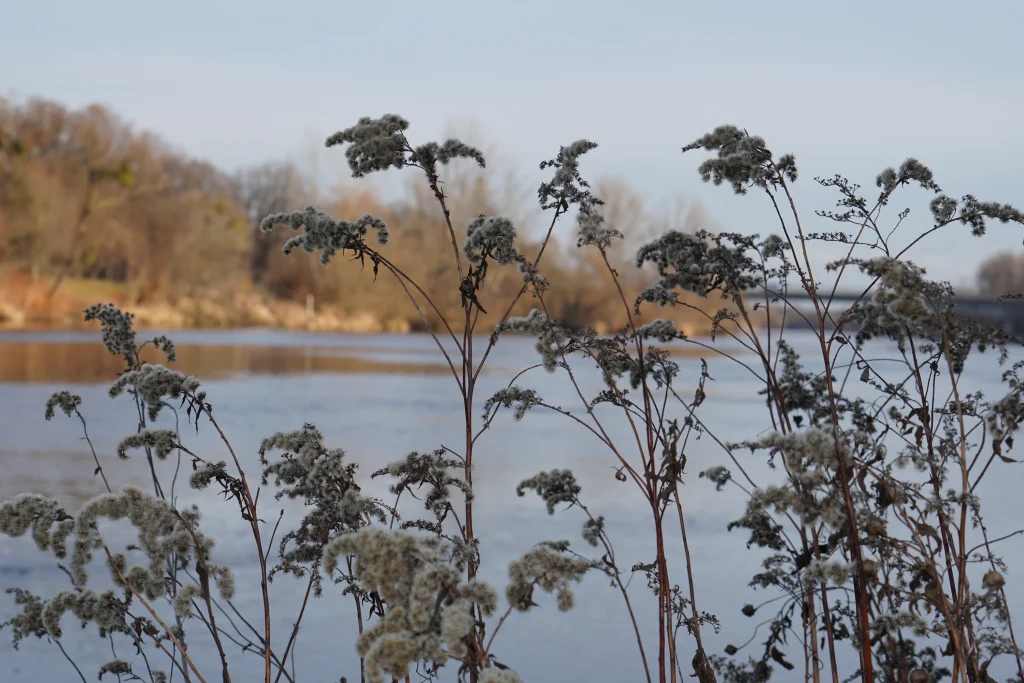
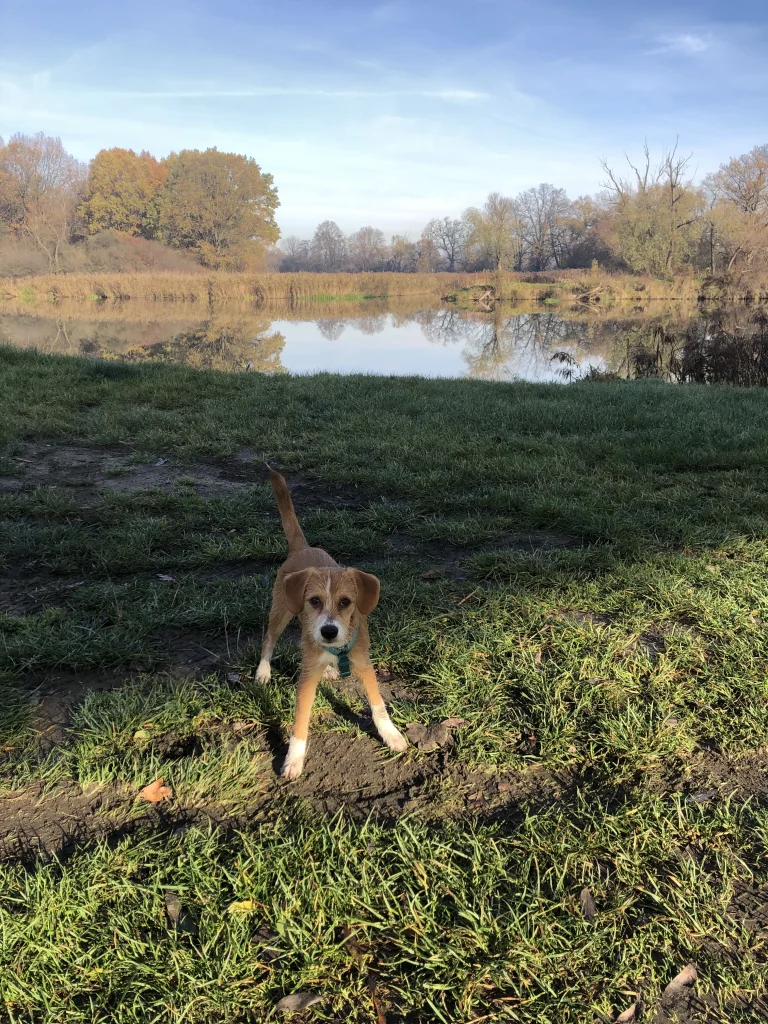
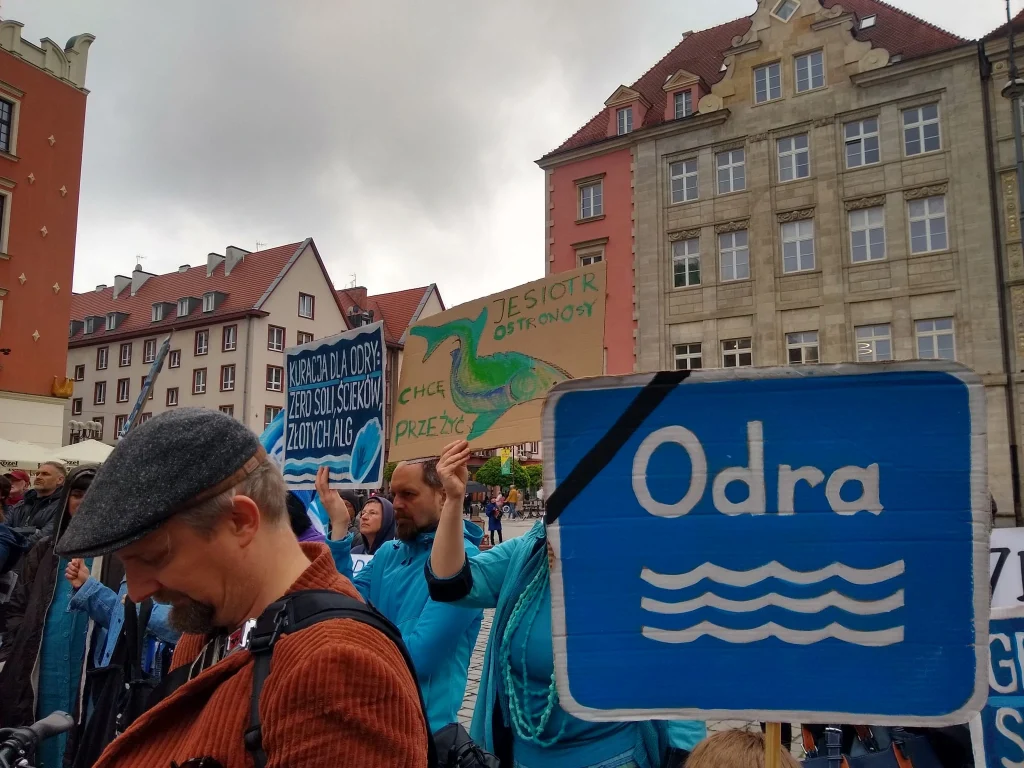
Source: Auteur.
Learning from Global Examples
The global Rights of Nature movement provides valuable insights into how legal personhood can safeguard ecosystems. In Ecuador, the Constitution recognizes Pachamama (Mother Earth) as a rights-bearing entity, ensuring the protection of natural ecosystems. Similarly, Colombia’s courts granted rights to the Atrato River, leading to tangible changes in governance, including the establishment of local guardians to oversee her health.
Spain’s decision to grant personhood to the Mar Menor lagoon set a precedent for protecting water bodies under ecocentric legal frameworks. The lagoon’s personhood has empowered local communities to take legal action against pollution and habitat destruction, providing a compelling case study for the Odra.
Our Initiative: From Advocacy to Legislation
At the Odra Tribe, we’ve been at the forefront of the Rights of Nature movement in Poland. Our campaign, Przepływy, mobilized thousands to support the cause, raising awareness about the potential of legal personhood to transform river governance. Building on this momentum, we are now advancing the Odra River Bill of Rights, working with environmental organizations, legal scholars, and local communities to make it a reality.
Our goal is clear: we aim to present the Odra River Bill of Rights to the Polish Parliament, demonstrating that innovative ecological governance is not only necessary but achievable. This effort aligns with broader European Union goals, such as restoring 25,000 kilometers of free-flowing rivers by 2030, and establishes Poland as a leader in the Rights of Nature movement.
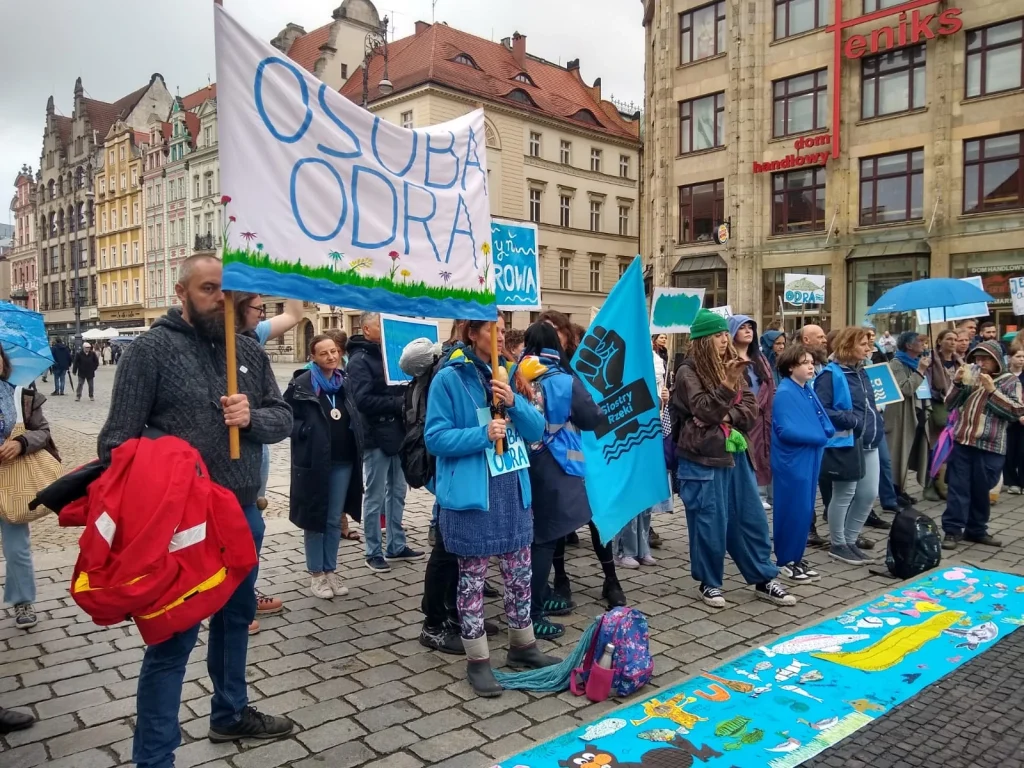
Source: Auteur.
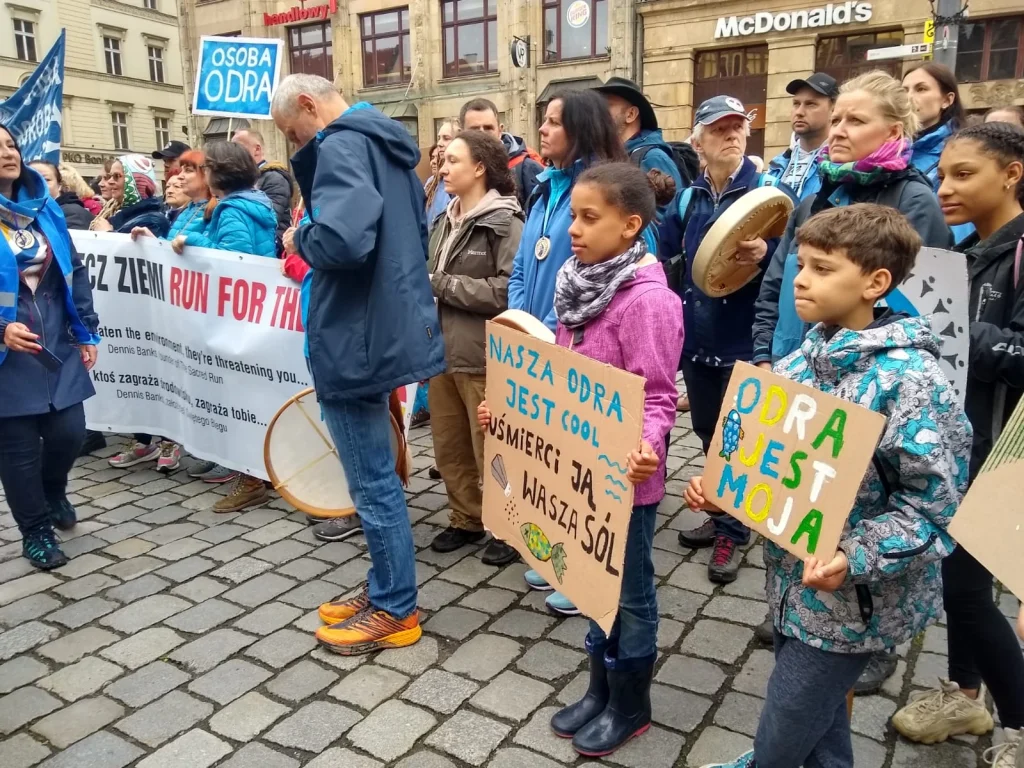
Source: Auteur.
A Vision for the Odra’s Future
Granting legal personhood to the Odra is not just a symbolic gesture; it is a practical step toward addressing ecological degradation and preventing future catastrophes. By establishing a robust framework of rights and responsibilities, the proposed bill ensures that the river’s health is prioritized in all policy and governance decisions.
Our vision for the Odra is one of resilience, renewal, and ecological justice. Through legal personhood, the river can transcend her history of exploitation and become a beacon for sustainable coexistence with nature.
For more information and to support our initiative, visit osobaodra.pl. Together, we can create a future where rivers are respected not as resources, but as living entities with intrinsic rights.
About Agata Foksa Biegaj
Agata Foksa-Biegaj is a lawyer specializing in international law and human rights, with experience working for the European Court of Human Rights, Global Rights Compliance, and WWF Japan. Passionate about bridging law, environmental protection, and social justice, she also explores the intersection of spirituality, astrology, and human empowerment. Through her foundation “Better,” Agata integrates legal expertise with a visionary approach to inspire meaningful change.
